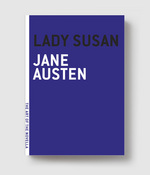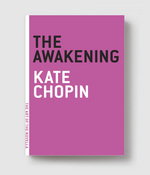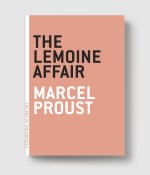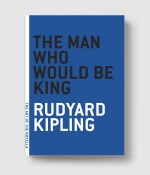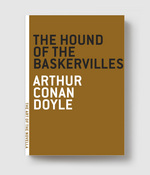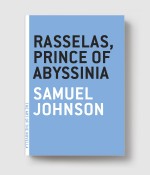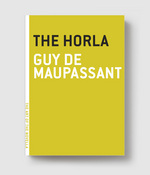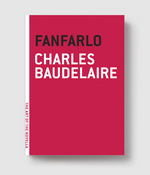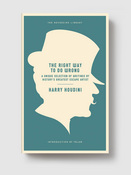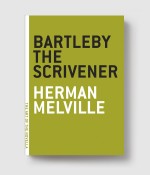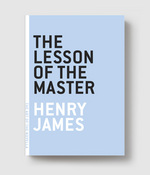
List price: $10.00
- Pages128
- ISBN9780976658306
- Publication dateOctober, 2007
- Categories
- Booksellers
- Media
- Academics & Librarians
The Lifted Veil
George Eliot
Available in ebook only
Part of The Art of the Novella
Horror was my familiar.
Published the same year as her first novel, Adam Bede, this overlooked work displays the gifts for which George Eliot would become famous—gritty realism, psychological insight, and idealistic moralizing. It is unique from all her other writing, however, in that it represents the only time she ever used a first-person narrator, and it is the only time she wrote about the supernatural.
The tale of a man who is incapacitated by visions of the future and the cacophony of overheard thoughts, and yet who can’t help trying to subvert his vividly glimpsed destiny, The Lifted Veil may easily be read as being autobiographically revealing—of Eliot’s sensitivity to public opinion and her awareness that her days concealed behind a pseudonym were doomed to a tragic unveiling (as indeed came to pass soon after this novella’s publication). But it is easier still to read the story as the exciting and genuine precursor of a moody new form, as well as an absorbing early masterpiece of suspense.
